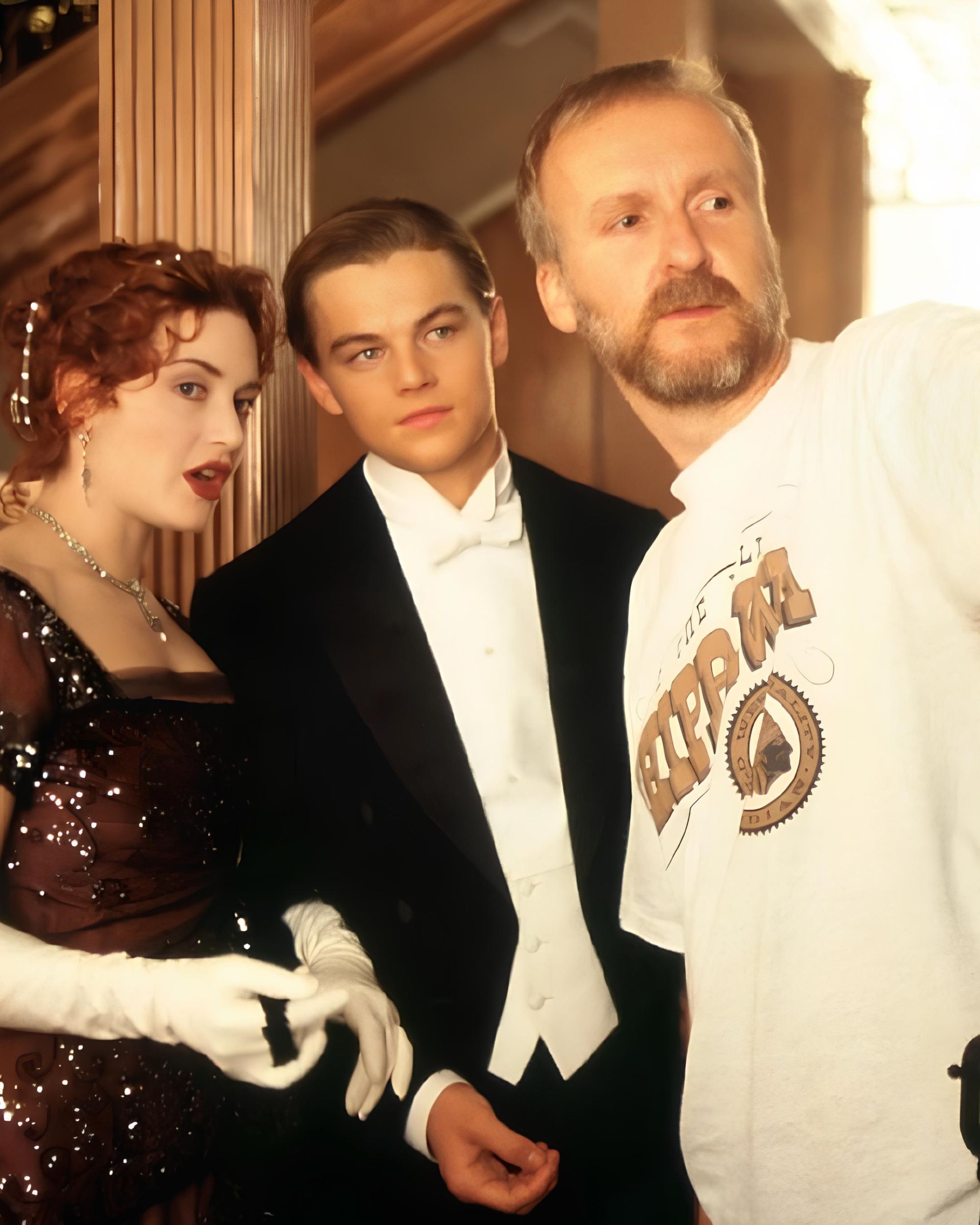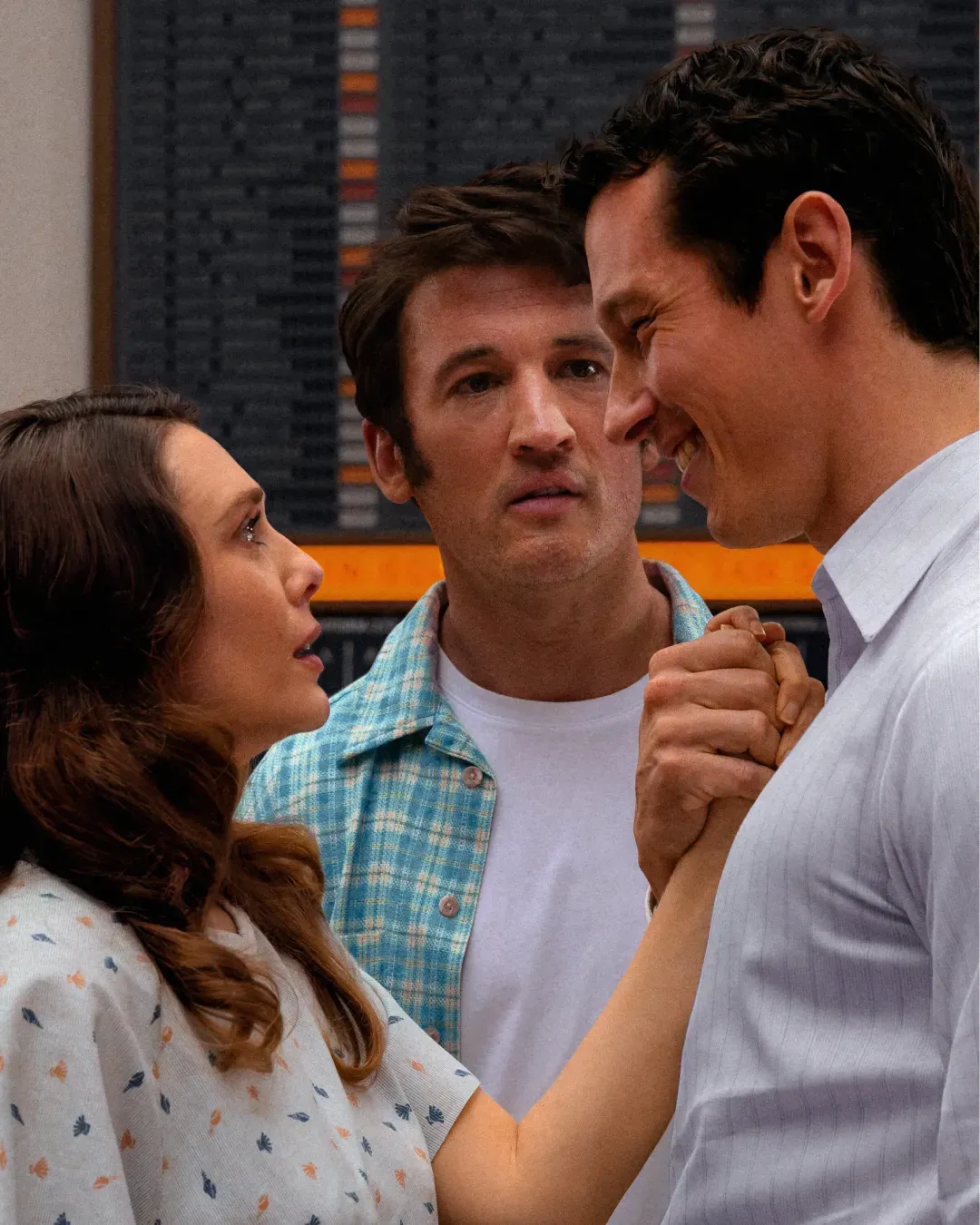
Black Mirror has been overtaken by reality The series that told of tomorrow's dystopia had to surrender to today's absurdity
Pop culture has always had the ability to anticipate themes and events that over time became reality or the closest version of what they predicted. 2001: A Space Odyssey and Back to the Future had imagined what would later be modern tablets and hoverboards, while the most famous case of this phenomenon is that of The Simpsons, often cited for being able to predict - even - the future. In 2016 an episode of the 11th season that aired in the United States on March 19, 2000, and was titled "Bart to the Future" returned to the public's attention: the writers had told of a hypothetical future in 2030, in which Lisa would become the first female president of the United States. In the episode, Lisa faces a severe economic crisis inherited by President Trump. The Simpsons had then envisioned a Trump presidency (which later became reality) attracting the attention of several media outlets: screenwriter Dan Greaney later explained that the coincidence of the Trump presidency at the time «simply seemed like the last logical step before hitting rock bottom». In reality, what appears to be predictions are merely the result of skillful insight into current events and society, aided by skillful writing skills on the part of the screenwriters. It is true, however, what Greaney says: these coincidences happen because they seem the most logical finish line.
Apple Vision Pro but it's actually a Black Mirror trailer (cc: @charltonbrooker) pic.twitter.com/nTaDtZ1N1G
— James H (@whatjamesdrinks) June 6, 2023
Who knows if Charlie Brooker the creator of Black Mirror, who with the arrival of the sixth season on Netflix is now reckoning with the series' greatest legacy, has also come to this conclusion: in ten years he has demonstrated an extraordinary ability to tell stories that then became reality. And for a series about the future-far and near-that's a great strength (to be considered such at least until we get Boston Dynamics' robotic dogs hunting us down for real). Charlie Brooker does not have a crystal ball, but it is true that the field of technology his series often plays with is much more "predictable." Often in Black Mirror, the concepts put forth are based on innovations that have already happened or are predictable to those who look at the future with a more cynical eye. Other times, however, it seems that the show is actually capable of predicting the future, turning out to be oddly spot-on when its predictions come true in reality. Case in point? Apple's Vision Pro, which is poised to usher in "the era of spatial computing" in the field of mixed-reality viewers: reminded many of the futuristic eye implants in the first season finale "The Entire History of You," which allowed them to record and review everything the protagonists did and saw. Brooker himself said in a recent interview with Wired that he thought the Apple visor was «right out of Black Mirror». The coincidences do not end there: the famous episode with the animated blue bear, "The Waldo Moment," featured an entertainment character becoming the key figure in a populist political movement. Here the similarities with the present are endless.
In this new season, however, Charlie Brooker does something different. He erases the idea we have had of Black Mirror and writes something completely different: this explains why some of the new episodes do not touch on topics dear to the series, such as technology; there is nothing like intrusive visuals simply because it has already been done. There is an ever-present nod to the present, as in the first episode "Joan is Awful," where we satirize streaming services and the capabilities of A.I. in cumbersome (but also funny) narratives dear to the show. There remains constant in the new episodes a cautionary tale rather than about not creating these things about the people behind them: weak, flawed, and ready to screw up. It makes one smile to think how Black Mirror, the series that for years has chronicled technological dystonia better than anyone else, has been forced to backtrack, to change trajectory precisely because those stories Brooker loved to provocatively tell have become all too close to reality.














































